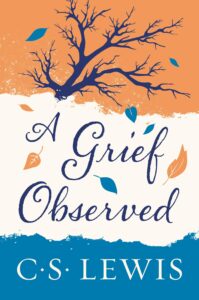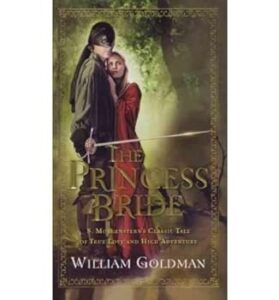 Takeaway: An image of what grief may be like.
Takeaway: An image of what grief may be like.
A Grief Observed is one of those books that I have felt like I needed to read but have not wanted to read. I have not suffered a great loss, whether as a parent, spouse, or child. And so reading about another’s loss seems somehow voyeuristic or at least intruding.
But I bought the Kindle edition a few weeks ago when it was on sale, and I ended up listening to the audiobook (read by Lewis’s stepson Douglas Gresham) because it was part of the Scribd subscription library.
After reading the disappointing Lunch With Lewis, I wanted to read Lewis himself.
A Grief Observed is short, only 68 pages on Kindle and less than 2 hours of audio, including introductions from both Madeleine L’Engle and Douglas Gresham.
In the text, Lewis says he limited himself to four notebooks that he found around the house because if he did not arbitrarily have a limit, there would be no limit to the end of grief (and he wasn’t going to go out and buy more to prolong his writing).
I can see why so many have found this book so comforting while others do not. Lewis is particular. He honestly cries out to God and laments but also looks inside himself for the root and reality of his grief (and hope.) He is also intellectual and deals with the intellectual issues around faith and grief that will not apply to many potential readers.
 Summary: Finding spiritual practices for those that have become dead to spiritual practices.
Summary: Finding spiritual practices for those that have become dead to spiritual practices.
 Summary: The children’s classic story about running away, living in a museum and solving a great mystery all the while finding the important things in life.
Summary: The children’s classic story about running away, living in a museum and solving a great mystery all the while finding the important things in life. Takeaway: The classic 1973 book, which was made into the 1987 movie, is still worth reading.
Takeaway: The classic 1973 book, which was made into the 1987 movie, is still worth reading.

